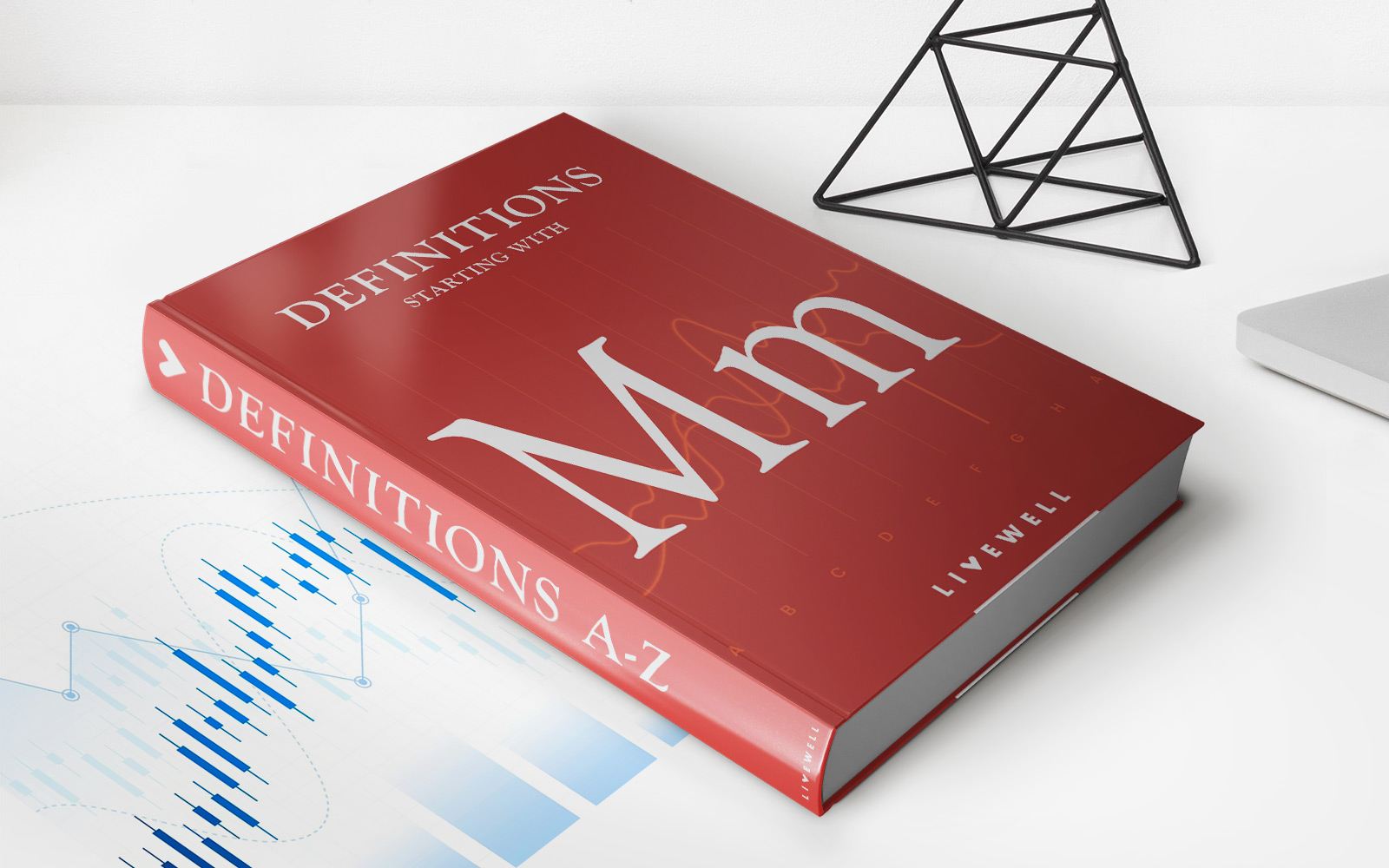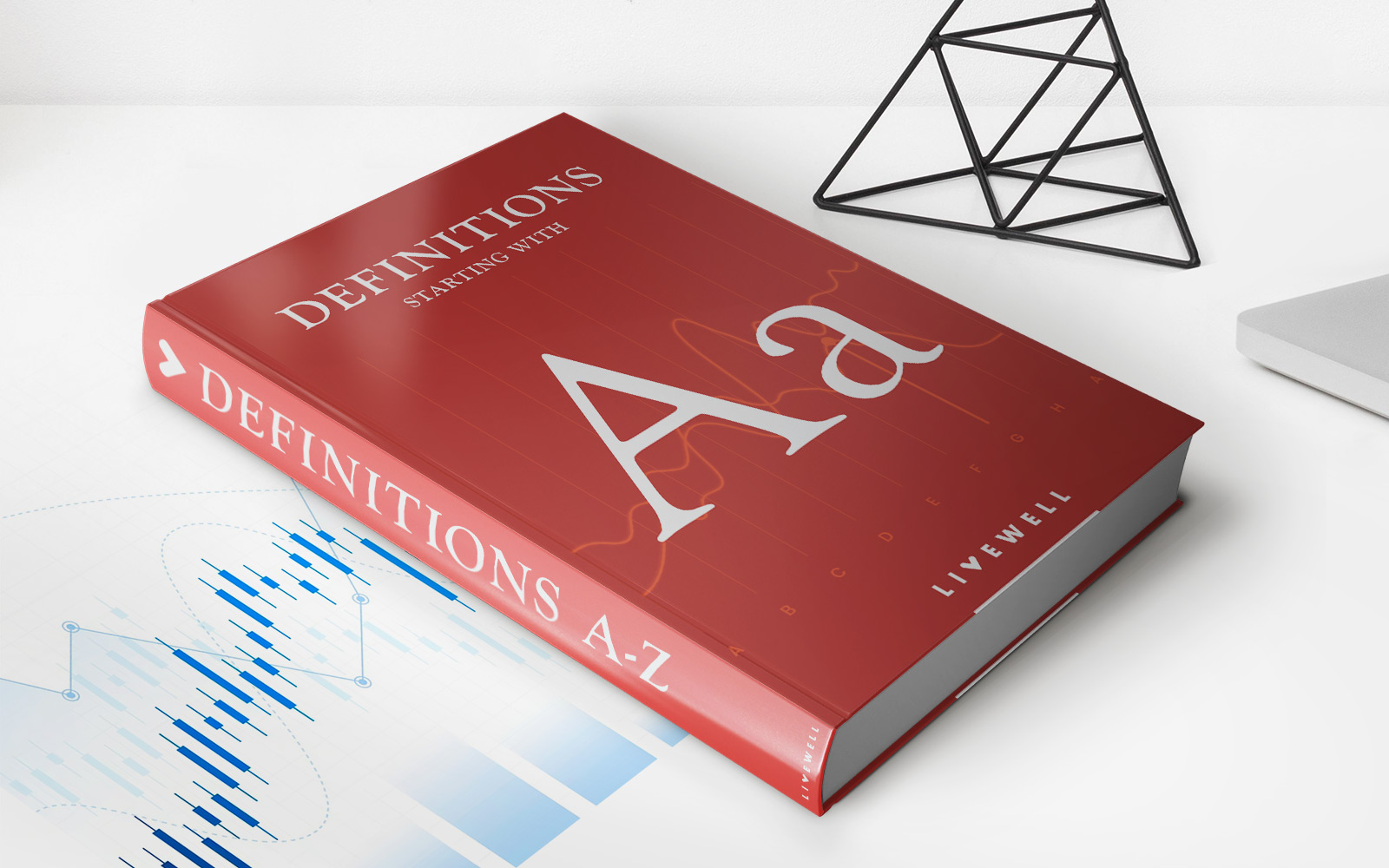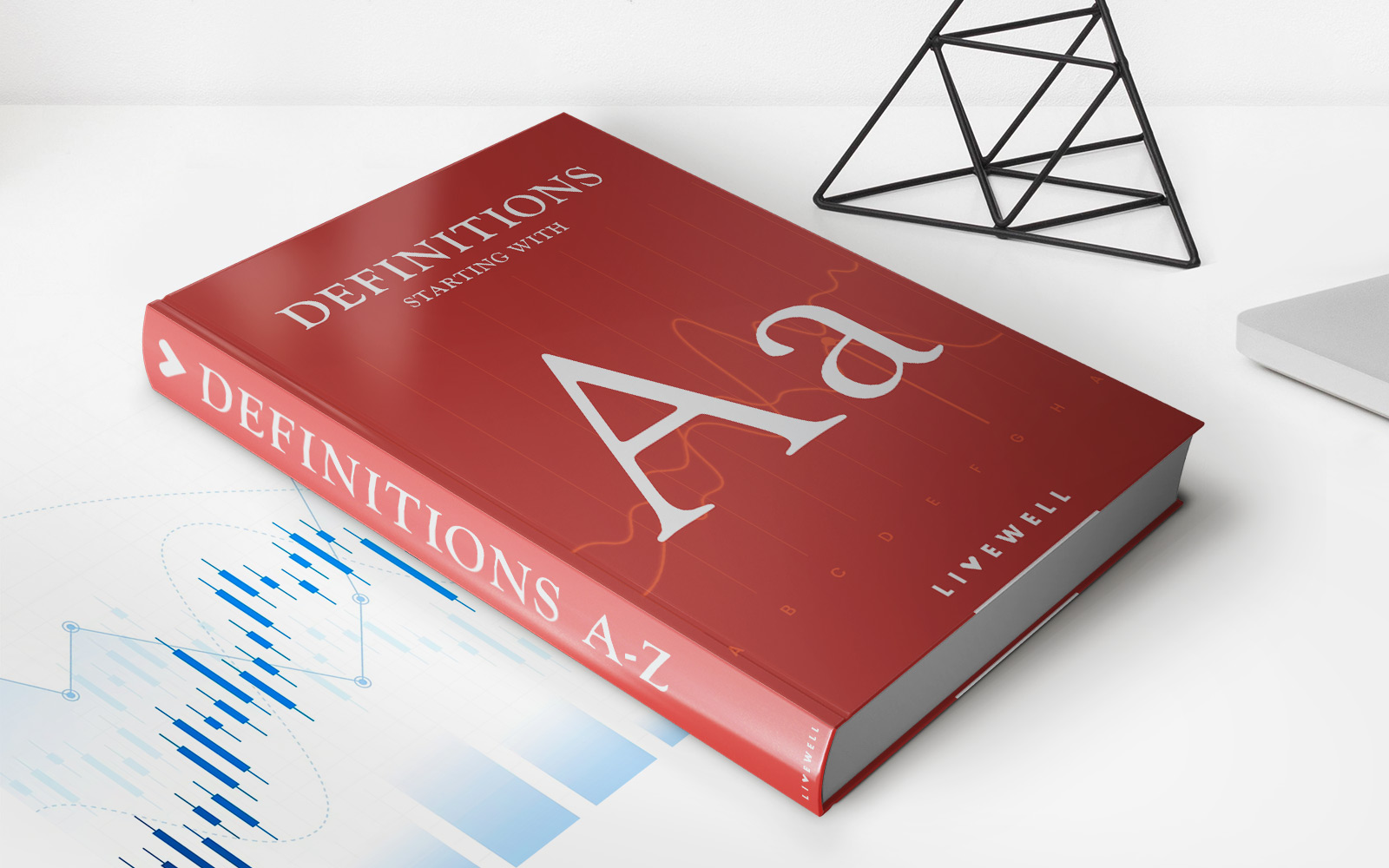Home>Finance>Certified Management Accountant (CMA) Definition And Examples


Finance
Certified Management Accountant (CMA) Definition And Examples
Published: October 25, 2023
Learn the definition and examples of Certified Management Accountant (CMA) in the field of finance. Enhance your financial expertise with this prestigious certification.
(Many of the links in this article redirect to a specific reviewed product. Your purchase of these products through affiliate links helps to generate commission for LiveWell, at no extra cost. Learn more)
The Certified Management Accountant (CMA): An Overview
When it comes to the field of finance, the Certified Management Accountant (CMA) designation holds tremendous value and prestige. But what exactly is the CMA, and why is it considered a crucial qualification for finance professionals? In this article, we will delve into the definition of CMA, explore its importance in the finance industry, and provide examples to illustrate its practical application.
Key Takeaways:
- The Certified Management Accountant (CMA) is a professional designation that recognizes individuals who have met stringent requirements in management accounting.
- The CMA qualification highlights a candidate’s expertise in areas such as financial planning, analysis, control, decision support, and professional ethics.
What is the Certified Management Accountant (CMA)?
The Certified Management Accountant (CMA) is a globally recognized professional certification offered by the Institute of Management Accountants (IMA). This prestigious title validates an individual’s proficiency in management accounting and strategic financial management.
To earn the CMA designation, finance professionals must meet strict criteria set by the IMA, which includes passing a comprehensive two-part exam, fulfilling relevant education requirements, and acquiring a minimum of two years of professional experience in management accounting or financial management. This rigorous process ensures that CMAs possess the necessary knowledge and skills to excel in their roles.
Why is the CMA Important?
The Certified Management Accountant (CMA) qualification offers numerous benefits for finance professionals seeking career advancement. Here are a few reasons why the CMA is regarded as an important certification in the finance industry:
- Enhanced Job Prospects: CMAs often enjoy a wide range of job opportunities and increased earning potential. Employers value the expertise and credibility that come with this certification, making CMAs highly sought after in various sectors.
- Specialized Knowledge: CMA holders possess a comprehensive understanding of business finance, cost management, internal controls, and financial analysis. This specialized knowledge allows CMAs to make informed decisions, evaluate organizational performance, and drive business growth.
- Global Recognition: The CMA designation is recognized and trusted worldwide, giving finance professionals the opportunity to pursue international career opportunities and demonstrate their competence on a global scale.
- Continuing Professional Development (CPD): CMAs are required to engage in CPD activities to maintain their certification. This commitment to ongoing learning ensures that CMAs stay updated on the latest industry trends, regulations, and best practices.
Examples of CMA Application
Let’s explore a couple of real-world examples that illustrate the practical application of the Certified Management Accountant (CMA) qualification:
1. Financial Planning and Analysis: A CMA working in a manufacturing company might be responsible for analyzing production costs, forecasting sales, and developing budgets. By utilizing their management accounting expertise, the CMA can provide insightful financial analysis and recommendations to optimize operational efficiency.
2. Strategic Decision Making: In a multinational corporation, a CMA may play a crucial role in assessing investment opportunities, conducting risk analysis, and evaluating the financial viability of strategic initiatives. Their expertise in financial management enables them to provide data-driven insights, helping the organization make informed decisions regarding expansion, diversification, or budget allocation.
In conclusion, the Certified Management Accountant (CMA) designation holds immense value for finance professionals. It signifies their expertise in management accounting, financial analysis, and strategic decision-making. With its global recognition and the range of job prospects it offers, the CMA is an essential qualification for those looking to carve out a successful career in the finance industry. So, if you are interested in pursuing a finance-oriented career, earning the CMA certification might be your key to unlocking new and exciting opportunities.














